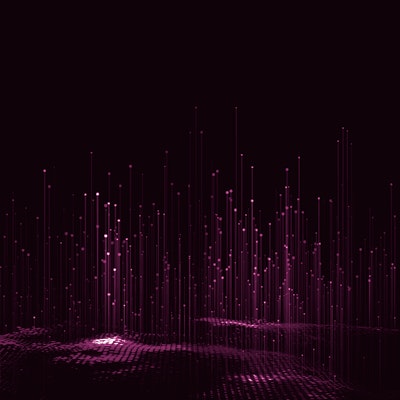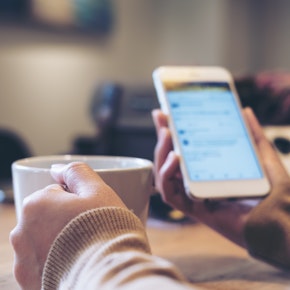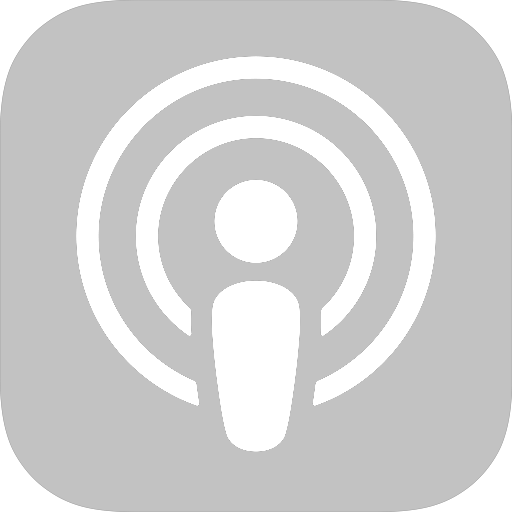Explore
Search results

Can technology bolster democracy? MIT’s Deb Roy thinks so.

If the First Amendment’s protections against government intrusion are a core tenet of American democracy, what happens when the chief regulators of speech are private technology companies? What is protected, who gets to decide, and what are the implications for our democracy?

How are social media platforms contributing to the polarization and radicalization of the Internet? Can we reestablish control over our own information and digital society?

The Founders created a representative republic rather than a direct democracy, designed to slow down deliberation so that majorities could rule based on reason rather than passion. But in the age of Facebook and Twitter, new social media technologies have unleashed populist passions and accelerated public discourse to warp speed, creating the very mobs, demagogues, echo ch...


In a well-functioning democracy, people do not live in echo chambers or filter bubbles; rather, citizens are exposed to myriad ideas and perspectives even if not their own. Constitutional scholar Cass Sunstein suggests that our current obsession with social media and our online friend groups narrow the scope of the kinds of daily and serendipitous interactions that might o...

Platforms like Twitter and Facebook set the stage for a promising digital revolution, providing tools that helped foster global friendships, let new voices be heard, and served as the ultimate democratizing force for information. But critics argue that rather than uniting and informing, social media deepens social and political divisions and erodes trust in the democratic...


Last year Russia infiltrated the digital networks of federal agencies and many of America’s largest corporations, and last week’s armed insurrection on the US Capitol was fomented through disinformation campaigns on social media.


Does it feel like the quality of our national discourse has gone down in the last several years? You’re not the only one who’s noticed. It’s not individuals who have gotten stupider, says NYU social psychologist Jonathan Haidt, but it’s our collective intelligence that’s suffering. Institutions aren’t getting as much done, and leaders are making rash decisions under the pr...

What if when you posted something on Twitter or Instagram or another service, the platform gave you feedback? For example, “You just upset 10,000 people.”

This session considers the importance of trust, and a healthy distrust, in the well-being of a democracy and the role of the press in this equation drawing on the report of the Knight Commission on Trust, Media and Democracy released Feb. 5, 2019 titled, “Crisis in Democracy: Renewing Trust in America.” What measures should local journalism, social media, and the public ta...

One in two girls say toxic beauty advice on social media causes low self-esteem, and seven in ten have felt better after unfollowing idealized beauty content. This research — and wider conversations surrounding social media use and its impacts on teens’ mental wellness — make this conversation more urgent than ever. Join creative and cultural expert Jess Weiner for #DetoxY...


Technology has changed the way we think and interact with one another, and social media platforms are intentionally engineered to be addictive and manipulative. Those messages are in the documentary "The Social Dilemma," which was created by Jeff Orlowski's filmmaking company Exposure Labs. "Big social," says Orlowski, is transforming our information ecosystem. He tells Vi...

Americans aren’t dumb—at least individually—but something changed in the last ten years that made the country-as-a-whole stupid in an unprecedented way. And yes, it was social media. What was once a place to share cute kid pics became a place to score hits on enemies and undermine institutional trust, and the viral nature of social media empowered the far political extreme...


Facebook CEO Mark Zuckerberg says the social media giant needs the government’s help when it comes to making certain decisions.



How will emerging technologies continue to impact a new generation of Americans?

George Soros said social media platforms are the largest threat to democracy. Marc Benioff said we should regulate them like tobacco. Why? Every day, platforms like Facebook and YouTube point their supercomputers at two billion people’s minds to capture their attention, and in the process create social harms that include digital addiction, amplifying genocide, political po...

Readers, viewers, and subscribers want and need accurate news and information, but as we attempt to navigate among publishers and platforms and networks, who is ultimately responsible for telling us the truth? Who should be held accountable for information that is inaccurate, intentionally misleading, or straight-up fake? And what can media and information organizations do...

We live in an interconnected world of volatility and disruption. Systems are linked in a web of dizzying and only partially visible complexity, and change in any one domain has a swift impact on many others. Join Andrew Zolli in a walking tour of emerging tools – such as next-generation satellite imagery, social media, and advanced analytics – that allow us to make sense o...







